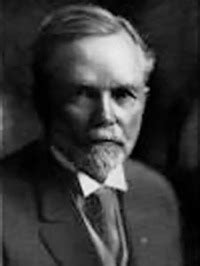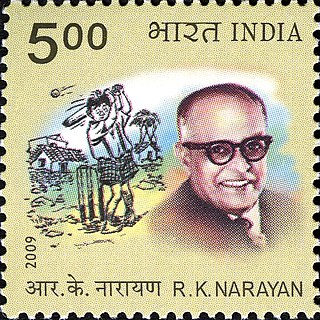A Quote by Michel De Certeau
Along with the lazy man... the dying man is the immoral man: the former, a subject that does not work; the latter, an object that no longer even makes itself available to be worked on by others.
Related Quotes
Every man is proud of what he does well; and no man is proud of what he does not do well. With the former, his heart is in his work; and he will do twice as much of it with less fatigue. The latter performs a little imperfectly, looks at it in disgust, turns from it, and imagines himself exceedingly tired. The little he has done, comes to nothing, for want of finishing.
I believe that the unity of man as opposed to other living things derives from the fact that man is the conscious life of himself. Man is conscious of himself, of his future, which is
death, of his smallness, of his impotence; he is aware of others as others; man is in nature, subject to its laws even if he transcends it with his thought.
Reason is man's faculty for grasping the world by thought, in contradiction to intelligence, which is man's ability to manipulate the world with the help of thought. Reason is man's instrument for arriving at the truth, intelligence is man's instrument for manipulating the world more successfully; the former is essentially human, the latter belongs to the animal part of man.
Ethically they had arrived at the conclusion that man's supremacy over lower animals meant not that the former should prey upon the latter, but that the higher should protect the lower, and that there should be mutual aid between the two as between man and man. They had also brought out the truth that man eats not for enjoyment but to live.
Wine makes a man better pleased with himself. I do not say that it makes him more pleasing to others. Sometimes it does. But the danger is, that while a man grows better pleased with himself, he may be growing less pleasing to others. Wine gives a man nothing. It neither gives him knowledge nor wit; it only animates a man, and enables him to bring out what a dread of the company has presented.
The difference between a man who is led by opinion or emotion and one who is led by reason. The former, whether he will or not, performs things of which he is entirely ignorant; the latter is subordinate to no one, and only does those things which he knows to be of primary importance in his life, and which on that account he desires the most; and therefore I call the former a slave, but the latter free.
The difference between a simpleton and an intelligent man, according to the man who is convinced that he is of the latter category, is that the former wholeheartedly accepts all things that he sees and hears while the latter never admits anything except after a most searching scrutiny. He imagines his intelligence to be a sieve of closely woven mesh through which nothing but the finest can pass.



































